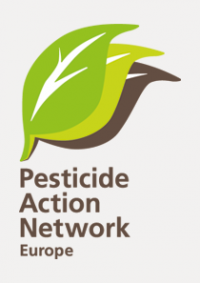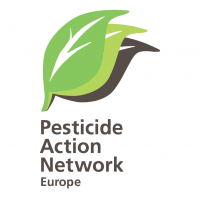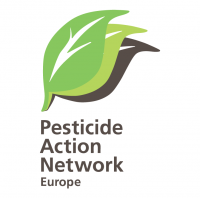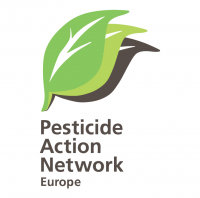Briefings
PAN Europe’s comments to the legislative proposal aiming at establishing Statistics on Agricultural Input and Output (SAIO)
The European Commission has published a proposal for a regulation (COM(2021) 37 final) regarding European statistic for agricultural products and inputs (SAIO). This proposal aims at replacing inter alia Regulation (EC) No 1185/2009 concerning statistics on pesticides. Below, you can find PAN Europe’s comments regarding the public consultation: We welcome the proposal to make Member States accountable in relation to pesticide statistics.
Position paper: PAN Europe’s position on the evaluation of the EU agricultural promotion policy
Pesticide Action Network Europe (PAN) Europe welcomes the opportunity to comment on the inception Impact Assessments of the EU’s agricultural promotion policy (1), providing our views on the Commission's understanding of the problem and possible solutions and be allowed to provide relevant information, including on the possible impacts of different options.
Factsheet: Which indicators to best measure the EU objective of pesticide use and risk reductions
As part of the European Green Deal’s strategies (Farm to Fork and Biodiversity), the European Commission is proposing to reduce pesticide risk and use by 50% by 2030. While PAN Europe fully backs the Commission in setting reduction targets for pesticides, we completely disagree with the indicator that the European Commission is proposing to measure this reduction. In the following we explain why.
PAN Europe’s briefing on REFIT of PPP and MRL Regulations (EC No 1107/2009 and 396/2005)
The European Commission's REFIT evaluation of the Pesticide and MRL Regulations[1] recognises the important value of the Pesticides Regulation that aims “to ensure a high level of protection for humans, animal and the environment” and sets clear hazard-based cut-off criteria for the approval of active substances. Nevertheless, the evaluation falls short in identifying several important shortcomings of the current pesticide authorisation system – raised by civil society, scientists and policy makers- that obstruct the Regulation to fulfil its purpose.
Contribution to the EU feedback mechanism on Statistics on Agricultural Input and Output (SAIO)
The European Commission is planning to consolidate and streamline European statistic for agricultural products and inputs (SAIO). PAN Europe welcomes this effort of harmonisation and rationalisation of statistics. Nevertheless, it highlights the importance of obtaining more detailed and more independent statistics on the use of pesticides and exposure to monitor progress towards the Farm to Fork and Biodiversity Strategy targets. Below we will explain how but call.
PAN Europe’s position on the ongoing public consultation on the ‘Sustainable use of pesticides – revision of the EU rules’
The consultation claims that ‘The preliminary results of the evaluation will be used to establish the baseline situation for the impact assessment, refine the problem definition and the policy options and feed into their analysis.’ In the roadmap to the Farm to Fork Strategy, it emerges that this initiative will be concluded in Q1 of 2022.
Against this backdrop, Pesticide Action Network Europe (PAN Europe) and its members wonder why the European Commission is considering to make an impact assessment.
PAN Europe’s position on the evaluation of the EU agricultural promotion policy
PAN Europe proposes that the Commission aligns the EU promotion of agricultural products with the European Green Deal, therefore focusing on the promotion of circular and sustainable models rather than on competitiveness, with a special focus on pesticide use reductions. Below we explain how.
The European Commission’s promotion programme should be suspended until sustainability criteria are fully integrated
PAN Europe’s input for the definition of priorities in the Annual Work Programme for 2021 concerning promotion of agricultural products
PAN Europe proposes that the Commission aligns the 2021 work programme on promotion of agricultural products with the European Green Deal and therefore focuses on promotion of circular and sustainable models rather than on competitiveness. Furthermore, since tourism has been particularly hit by the impact of COVID-19, and rural agricultural areas have a lot to offer while guaranteeing social distancing, we propose to consider promoting sustainable concepts – connecting farmers and citizens - rather than products.
Position paper: PAN Europe's position on the EU Farm to Fork strategy
The European Green Deal published by the European Commission in December 2019 calls for a significant reduction in the risk and use of chemical pesticides as a key to kick off the ecological transition. This briefing aims at giving recommendations on how this can happen.
Fitness Check of the EU Legislation with regard to Endocrine Disruptors- A stakeholders survey
PAN Europe took part at the EU Expert Stakeholder Survey on the Fitness Check of the EU Legislation with regard to Endocrine Disruptors.



